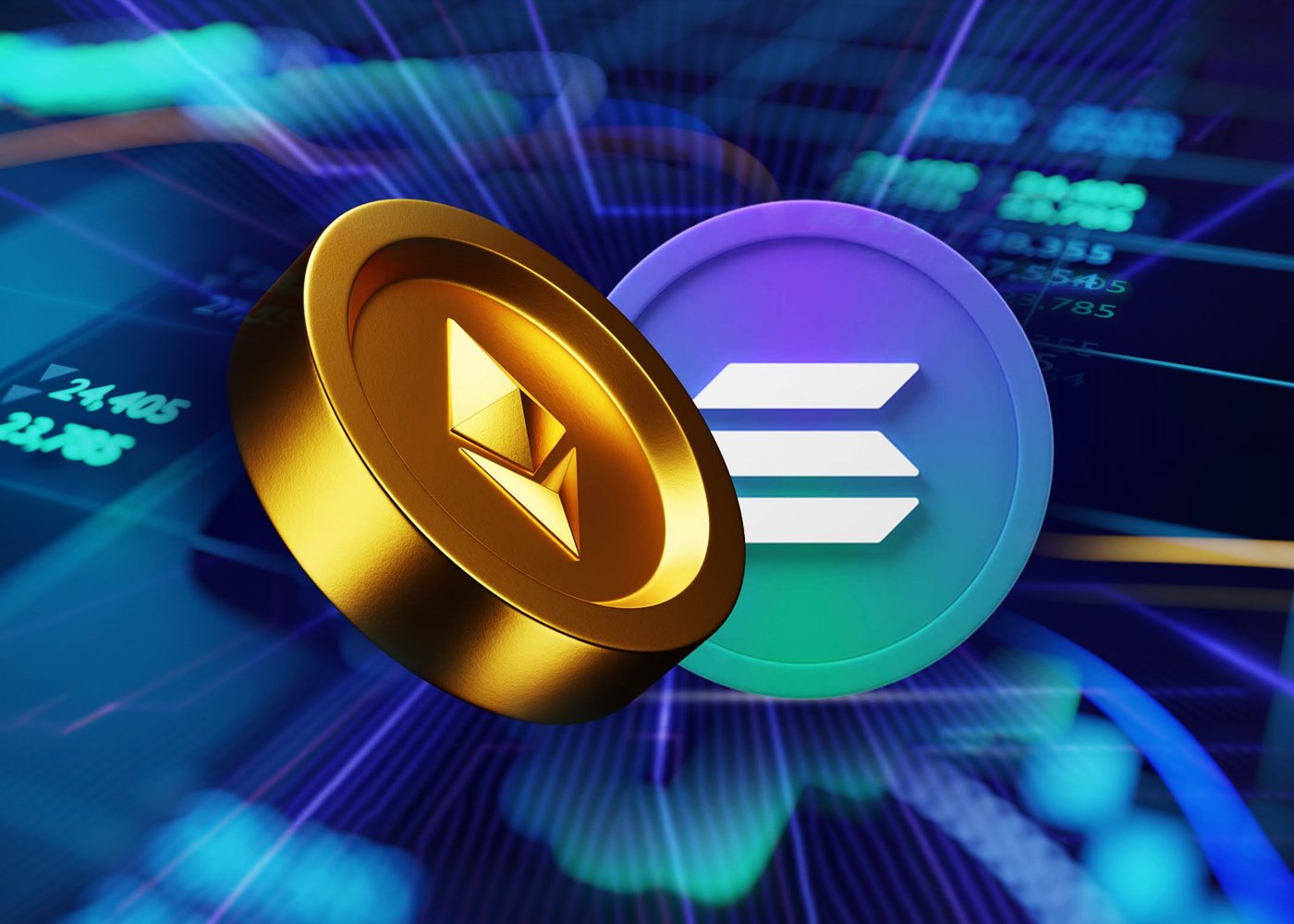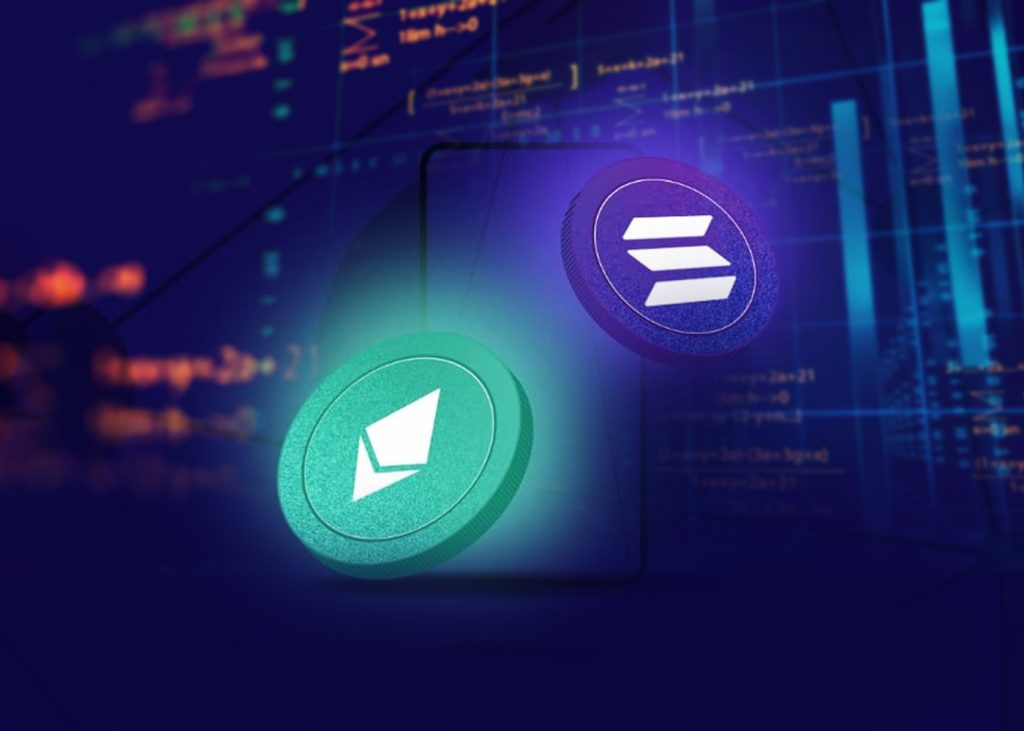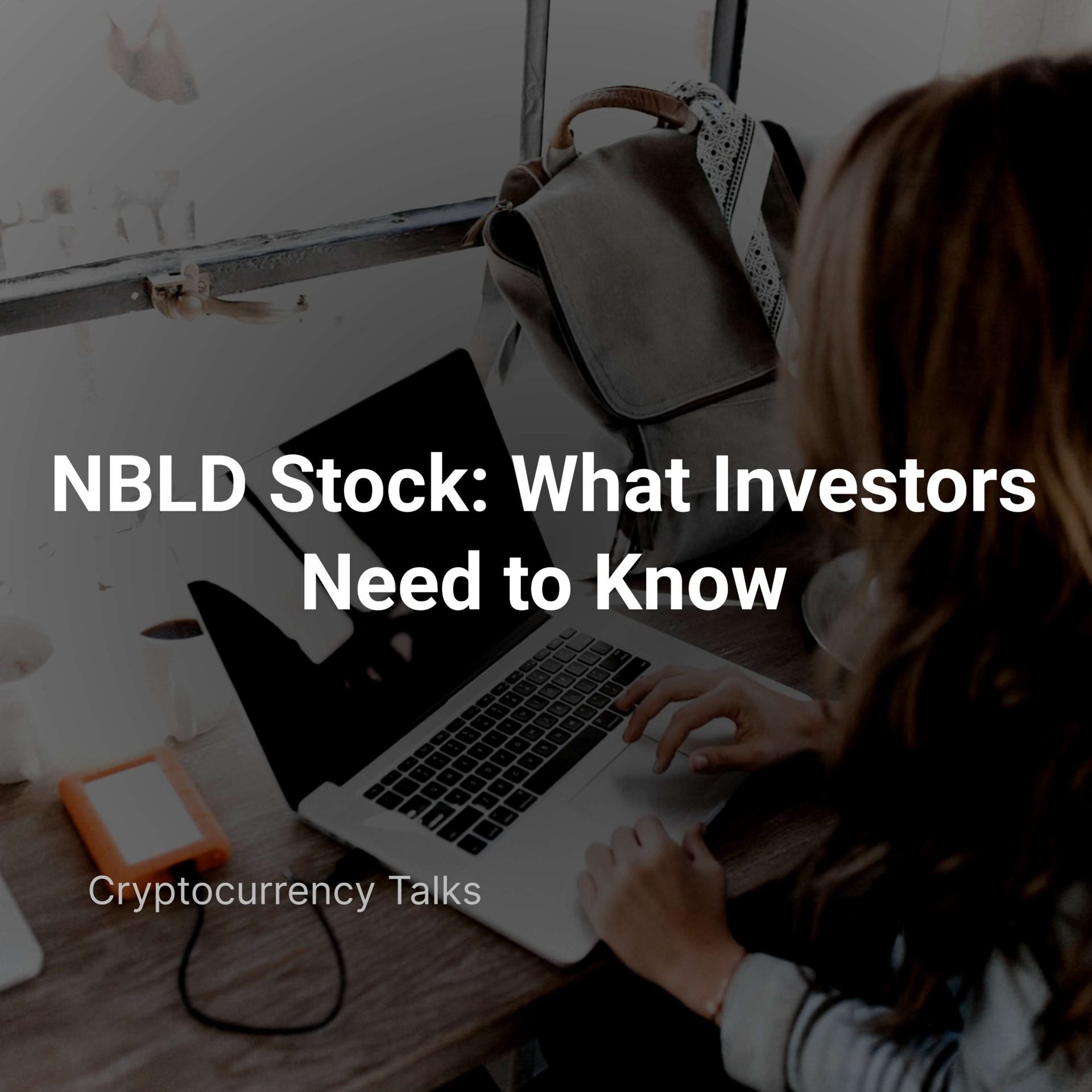
A renown blockchain network Solana has gained significant attention as a competitor to Ethereum, the second largest cryptocurrency . With its impressive speed,low transaction fees and scalability, Solana offers an appealing alternative for developers and users .
Differences Between Solana and Ethereum
Known by its role in decentralized applications (dApps) and decentralized finance (DeFi), Ethereum has faced challenges with scalability and high transaction fees . In contrast Solana has quickly distinguished itself with its high transaction speed and scalability, attracting attention in the cryptocurrency market .

Solana’s Impressive Innovations
As a third generation blockchain, Solana has significantly improved transaction speed and scalability compared to Ethereum . It accomplishes this by incorporating scalability into its Layer 1 mainchain architecture, providing greater efficiency and reduced complexity . Additionally Solana utilizes a proof-of-stake consensus mechanism, offering both scalability and energy efficiency advantages .
Key Innovations Driving Solana’s Performance
Solana unveils three significant design innovations to boost performance . The Proof-of-History protocol establishes a chronological timeline across all transactions, reducing transaction overhanging and increasing network throughput . The Tower Byzantine Fault Tolerance consensus algorithm decreases network latency and enhances speed and efficiency . The Turbine protocol also enables data shredding and distribution to increase the network’s capacity to handle large volumes of traffic .
Challenges and Reliability Concerns
While Solana offers impressive features, it has experienced several outages due to excessive transactions, raising concerns about its network reliability . These challenges must be addressed to ensure long-term success and user confidence . Additionally as Solana grows in popularity, scalability and regulatory compliance will be key considerations .
The Road to Mass Adoption
To achieve mass adoption and compete with established cryptocurrencies, Solana must focus on several areas . Ensuring infrastructure can maintain high performance as the user base and transactions grow is important. Smooth interaction with other blockchains through technologies like the Wormhole Bridge will attract users and developers . Building a strong developer community, partnerships with other crypto projects and strategic marketing efforts will also contribute to Solana’s growth and visibility .
Conclusion
While catching up with Bitcoin and Ethereum presents a significant challenge, Solana has appeared as a strong competitor thanks to its speed, scalability and innovative design . By addressing challenges, fostering growth and targeting key areas for development, Solana has the potential to compete directly with established networks and increase its adoption in the blockchain industry .






